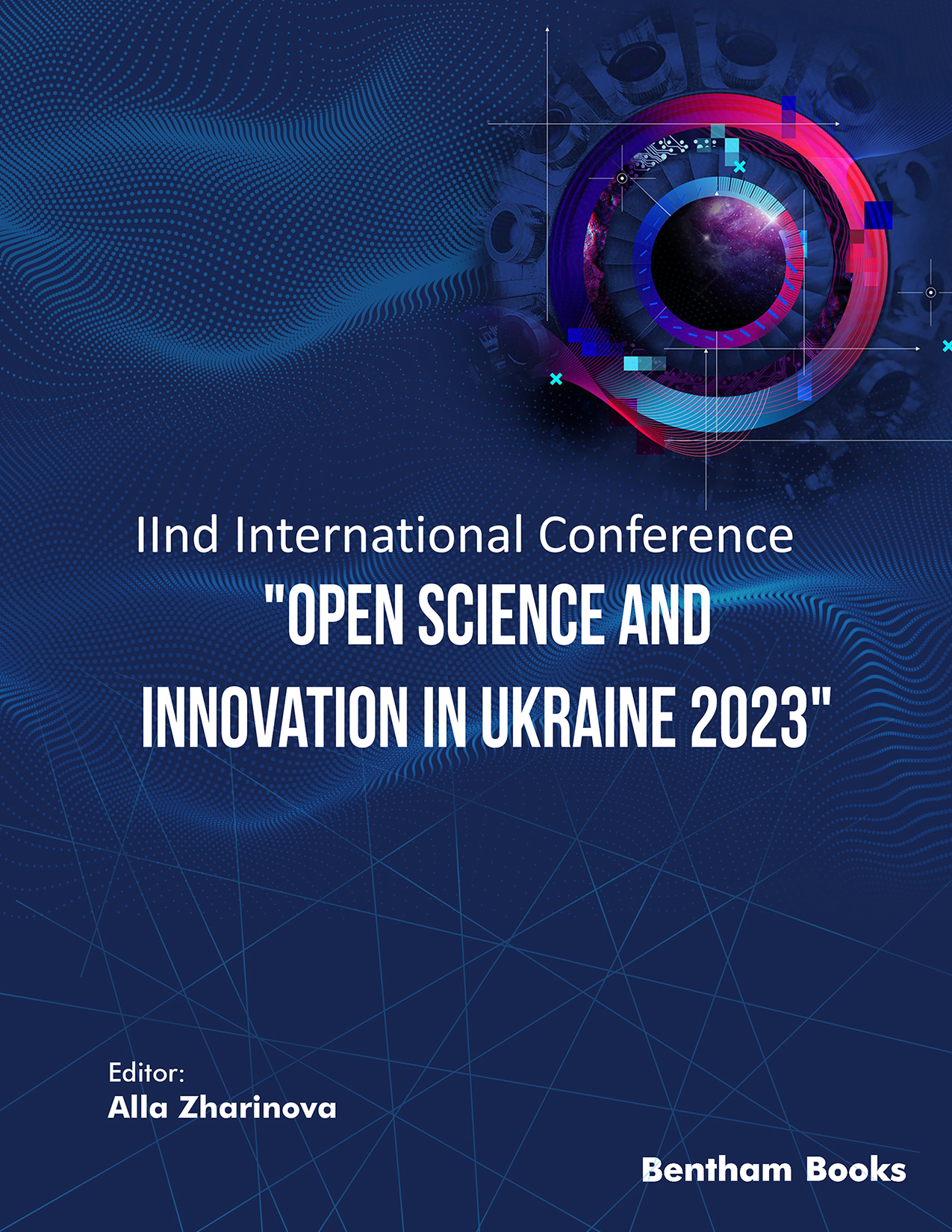Last year, under the auspices of the Ministry of Education and Science of Ukraine, we successfully hosted the
1
st
International Conference "Open Science and Innovation in Ukraine 2022." Despite the challenging circumstances due to Russia's aggression, the conference took place, demonstrating the strong support of the Ukrainian scientific community for the concept of open science. It marked the beginning of an annual tradition coinciding with the International Open Access Week, symbolizing Ukraine's move towards the European scientific community.
It is symbolic that on the eve of the First International Conference "Open Science and Innovation in Ukraine 2022," the Cabinet of Ministers of Ukraine adopted a resolution on the implementation of the "National Plan for Open Science." This plan sets tasks for the Ukrainian scientific community in line with the agreement between Ukraine and the European Union and the European Atomic Energy Community regarding Ukraine's participation in the Horizon Europe Research and Innovation Framework Program and the EURATOM Research and Training Program (2021-2025).
Contemporary scientific communication undergoes numerous technological transformations driven by the rapid development of computer technologies and the global scientific community's commitment to implementing open science policy principles. Optimal online representation of research data, both obtained and associated with the research process (such as information on scientific equipment used or funding details), is a crucial issue requiring practical and timely solutions and the care of the entire academic community. Today, an increasing number of scientific stakeholders agree that key aspects of open science, such as research data storage, management, and exchange, should adhere to the FAIR principles (Findability, Accessibility, Interoperability,
and Reusability) developed by experts responsible for integrating data on scientific activity into electronic information systems, making these data accessible, compatible, legally reusable, and facilitating information search on the internet.
Modern technological achievements are actively integrated into scientific practices, leading to the modernization of the entire system of scientific communications, including the implementation of scientific information systems, network versions of electronic publications, and cloud archives. Scientific information databases are an extremely important tool for scientists and researchers in the process of conducting scientific research.
Ukraine confidently strides towards the global and European scientific space, with the academic community actively supporting the paradigm of open science, and the government shaping national policy in accordance with the National Plan for Open Science. The Ministry of Education and Science implements open science principles, adheres to high standards of scientific ethics and responsibility, ensures data and research results openness, and oversees the creation and implementation of the National Electronic Scientific Information System, aiming to facilitate Ukrainian science's development in the field of research cooperation, knowledge exchange, and interaction of research information through open data exchange.
The System is based on international and national methodological and technical standards – the guiding principles of OpenAIRE, FAIR principles,
and CERIF data format, collectively serving as a tool to achieve the Euro-integration of Ukrainian science into the global scientific space, implementing European standards in both educational and scientific environments to establish open science and open access principles. The System maintains a high level of openness and transparency in matters of scientific information placement, allowing users to access scientific information freely and independently of their place of residence.
This approach ensures the maximum availability of scientific information for a wide range of users, contributing to the advancement of scientific research and the enhancement of its quality. In general, open scientific information databases are a vital tool for the development of open science, allowing researchers to quickly and efficiently search, track new research, and promote collaboration among researchers. The principles of open science, including accessibility, openness, transparency, and interaction, are crucial for ensuring the transformation of science and fostering the creation of new knowledge and innovations. Ensuring the openness and accessibility of scientific data and publications is the foundation of open science. The development and support of open scientific databases are essential steps in providing access to knowledge and supporting the scientific community in creating new research and advancing science.
Alla Zharynova
State Scientific and Technical Library of Ukraine
Ukraine

